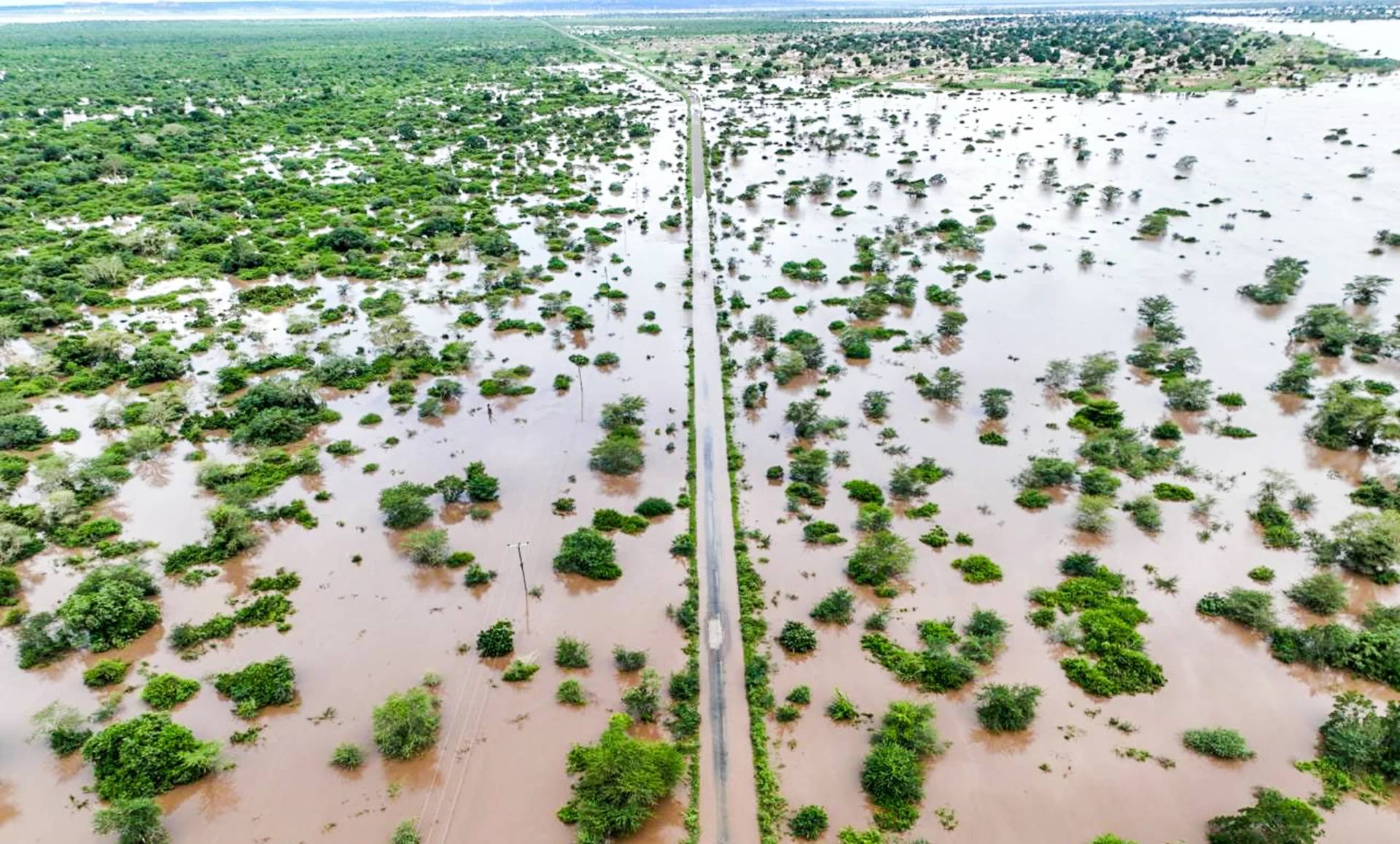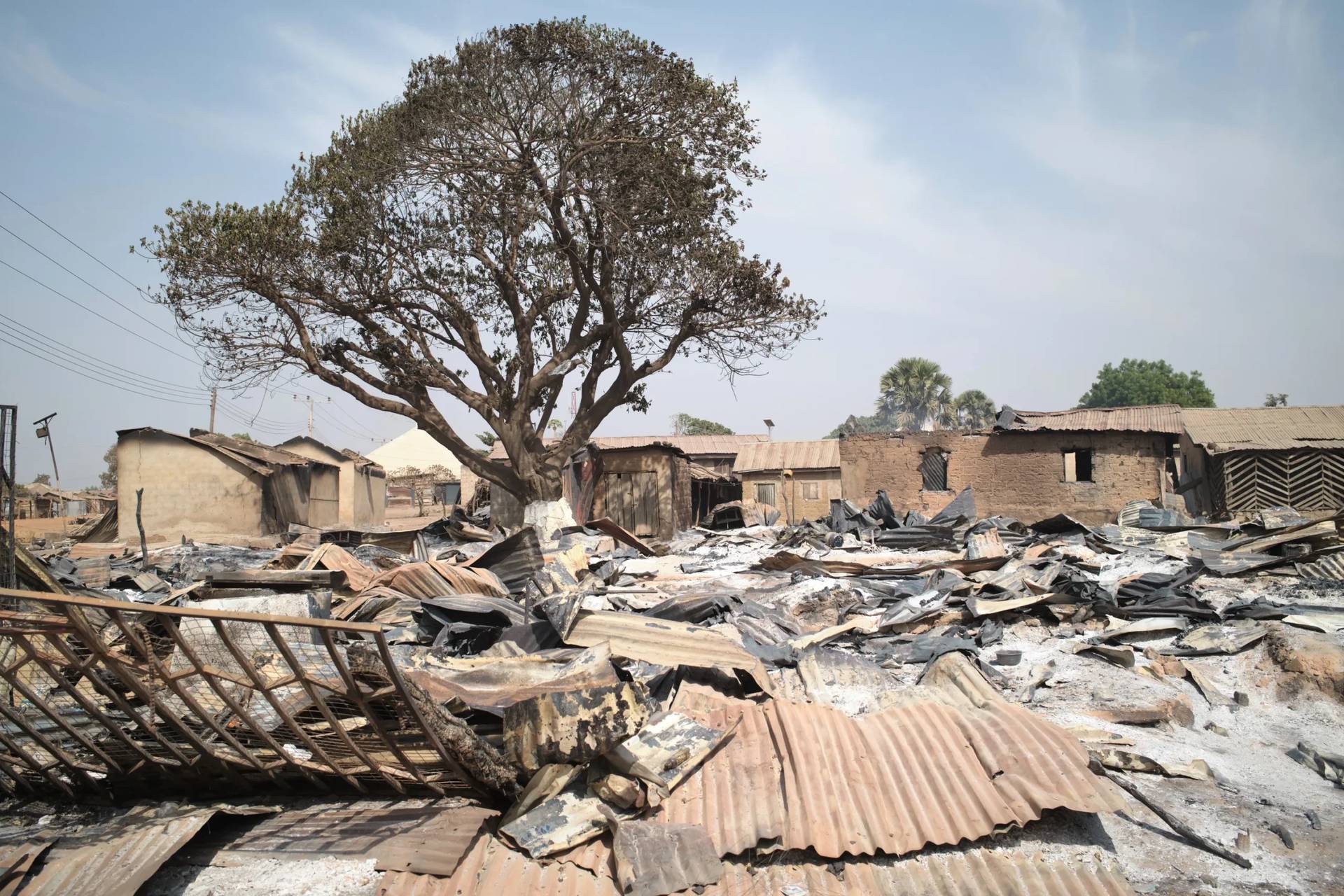YAOUNDÉ, Cameroon – Bands of South Africans launched violent attacks in early September against foreign-owned shops and stalls. More than 12 people were killed, and police say more than 700 people have been arrested.
The South African government puts the number of foreign-born residents in the country at around 2.2 million people, mostly from other African countries. They are often subject to abuse and accusations that they are stealing jobs from South Africans. The unemployment rate in the country is 29 percent.
Bishop Victor Hlolo Phalana of Klerksdorp, the chair of the social action department of the Southern African Catholic Bishops’ Conference (SACBC), blames the violence on the “xenophobic populism” promoted by some politicians.
Phalana spoke to Crux about the recent violence, and the role the Church is playing to promote peace.
Crux: How did you react to the attacks on shops owned by foreigners in different parts of South Africa?
Phalana: The SACBC issued a statement condemning the attacks. The statement challenged the government to call the attacks what they are: They are xenophobic attacks, and not just acts of criminality.
We also respond to issues facing our country through ecumenical platforms. Catholic bishops are also a member of the South African Council of Churches (SACC). Together with the SACC, we organized a National Day of Prayer on Sunday. The SACC has also established a task team to hold high level talks with various parties associated with the xenophobic violence. Catholic bishops are members of this task team.
The attackers have justified their actions by claiming that foreigners had taken jobs that should have been filled by locals. Is there some basis for this accusation?
Immigration and struggling economies are the biggest challenges of our time. In the context of economic globalization and trade liberalization, the flow of capital has also opened up the spaces for flow of labor and people.
In many countries, including South Africa, we are struggling to find sustainable ways of dealing with the triple problem of immigration, rural-urban migration and slow growth economies. There are a lot of people who are suffering severe economic hardships and unemployment as a result of the triple problem, which is a result of economic globalization and unrestrained capitalism.
In face of the high levels of unemployment and economic hardships, some politicians have resorted to populism as a way to escape accountability for their failure to deal with some of these complex economic issues.
In the xenophobic populism, there are a lot of broad and generalized claims that they are purporting and communicating to the people on the ground. Some of the politicians and political parties are doing this as a way of political survival. Although most of such claims feel believable to people struggling with economic hardships, there are no statistics to back up some of the claims.
During his interview on the flight back home after the African visit, Pope Francis has rightly cited populism as one of the factors contributing to xenophobic violence in Africa and other countries in the world.
It is important for us to condemn the xenophobic populism.
Authorities frequently describe such attacks as perpetuated by criminal gangs, refusing to use the word xenophobia. Are they wrong?
Yes, they are wrong to refer to the attacks as criminality. There are criminal activities that have been fueled by xenophobic sentiments. Although other businesses also suffer from the looting, there is a systemic targeting of shops owned by foreigners.
A sort of retaliatory vandalism and looting also took place in Nigeria, targeting South African businesses. What do you think of this kind of mutual destruction?
We are living in a generation where Christians should stand up and preach the Gospel of non-violence. Retaliatory vandalism will not address our problems in Africa.
We also need to pay attention to the role that social media has played in fueling xenophobic violence and violent reaction to the same in other African countries. There are a lot of false videos or pictures that are circulating on social media. Some are false videos and pictures about xenophobic violence in South Africa. Others are false videos and pictures of retaliatory vandalism in Nigeria and other African countries. There are, for example, false videos about the burning down of mosques in the townships in South Africa. This merely seeks to fuel the anger among the Muslim communities in Nigeria.
As church, we affirm the value of modern technology. At the same time, we need to interrogate the negative impacts of modern technology, especially in relation to issues of anti-immigration.
How have the authorities been handling the crisis?
During the run-up to the elections, several politicians and political parties made statements that represented xenophobic populism.
After the outbreak of the xenophobic violence, there are now mixed messages from the government. There is no coherent policy and response from the authorities. For example, while the president declared that these are xenophobic attacks, the minister of defense came out and announced that these are merely acts of criminality. Sometimes, the position reflects the factionalism within the ruling party.
The political parties – both in the ruling party and in opposition parties – have failed to take to task and demand accountability from some of their political leaders who are at the forefront of political populism.
Crux is dedicated to smart, wired and independent reporting on the Vatican and worldwide Catholic Church. That kind of reporting doesn’t come cheap, and we need your support. You can help Crux by giving a small amount monthly, or with a onetime gift. Please remember, Crux is a for-profit organization, so contributions are not tax-deductible.













